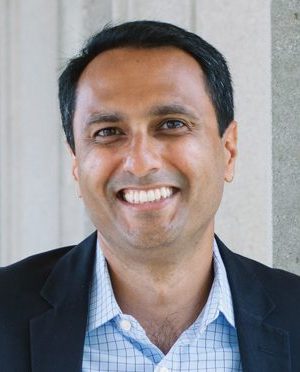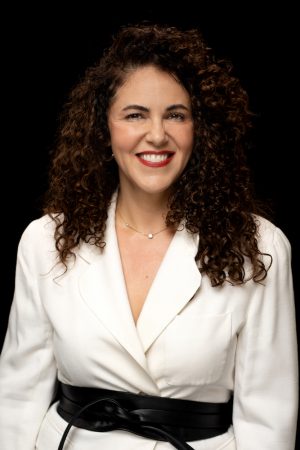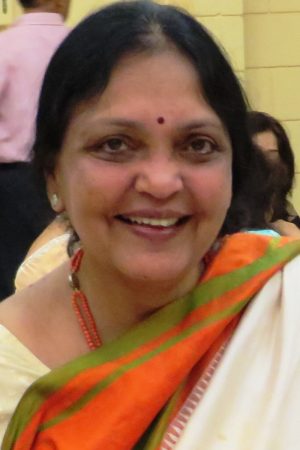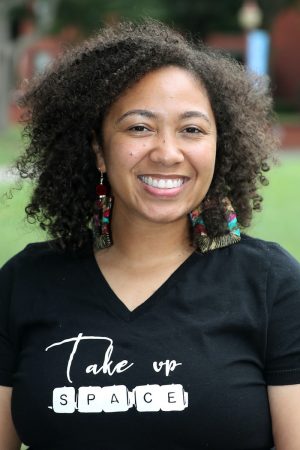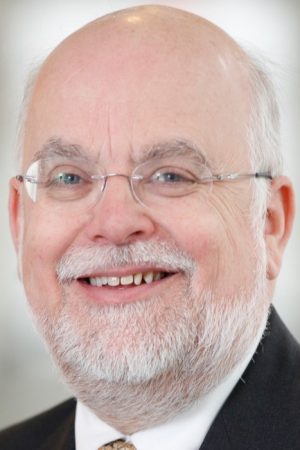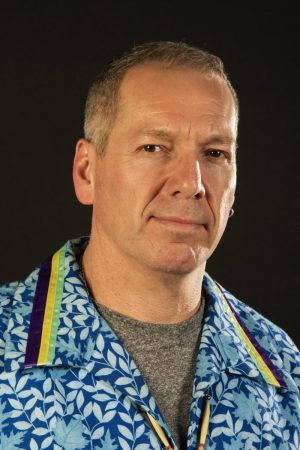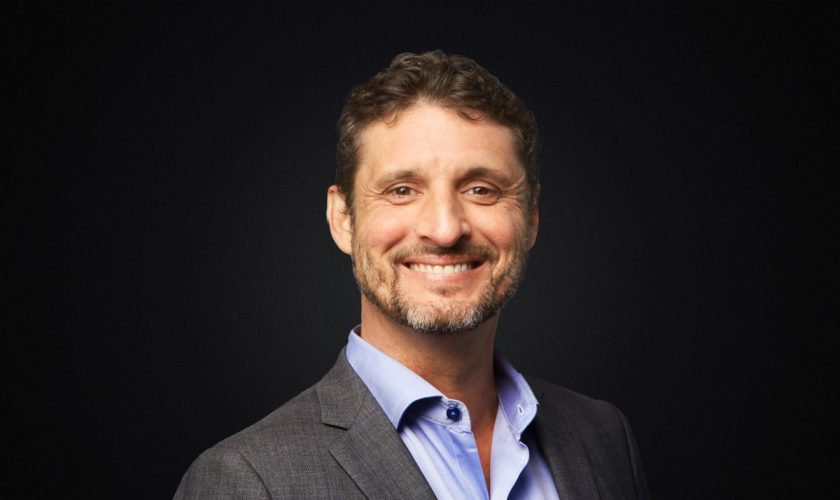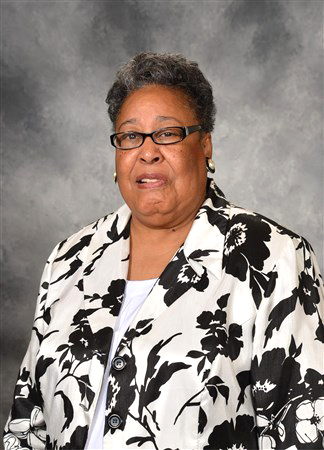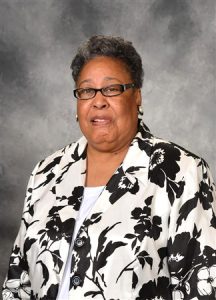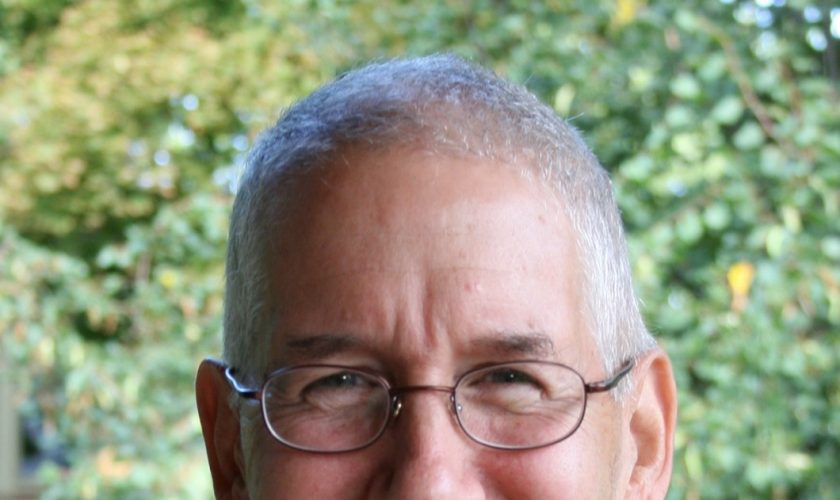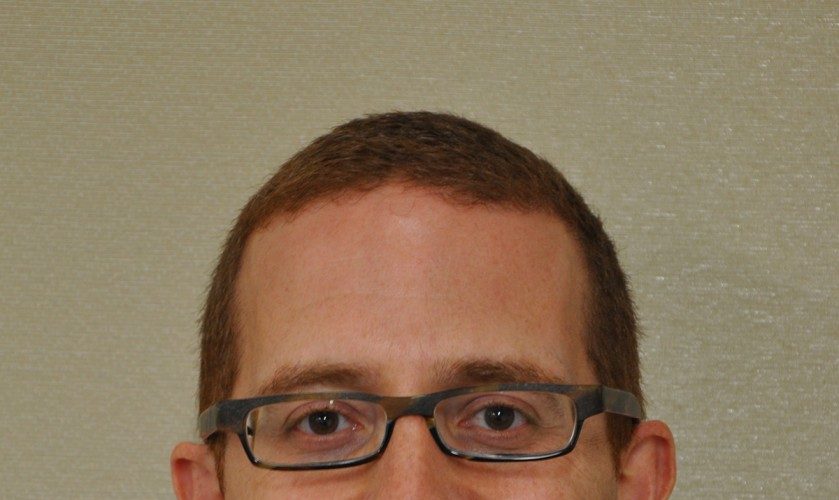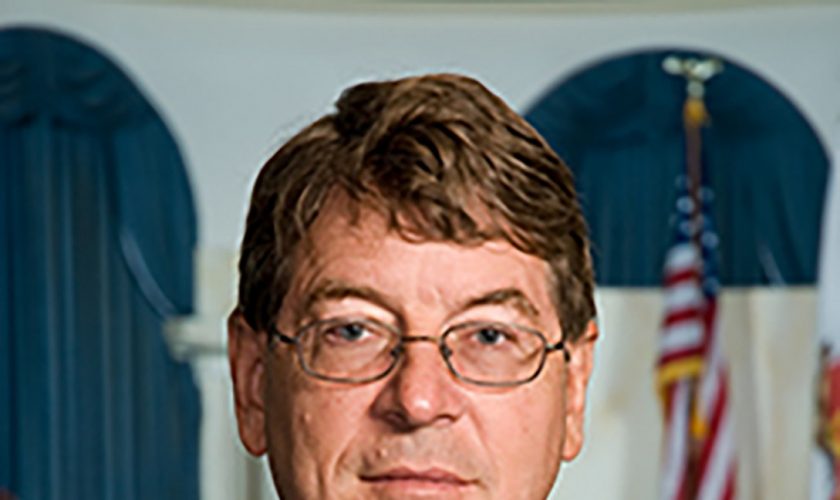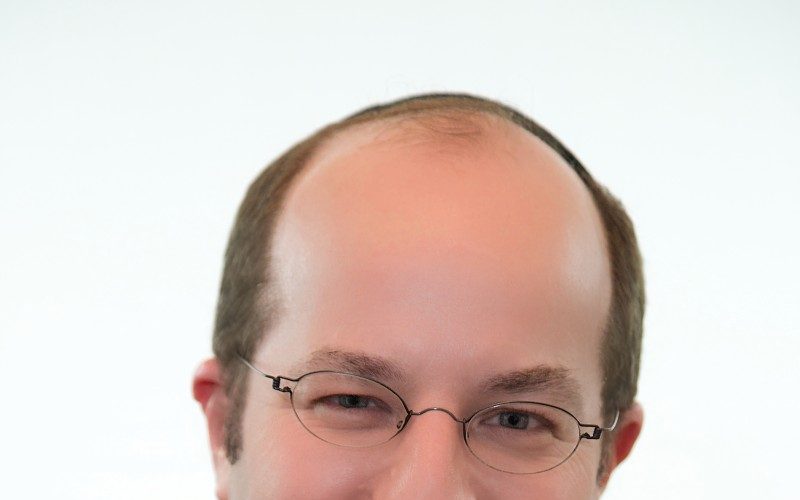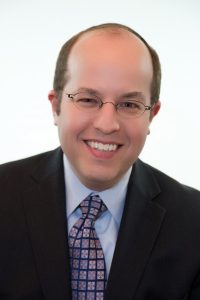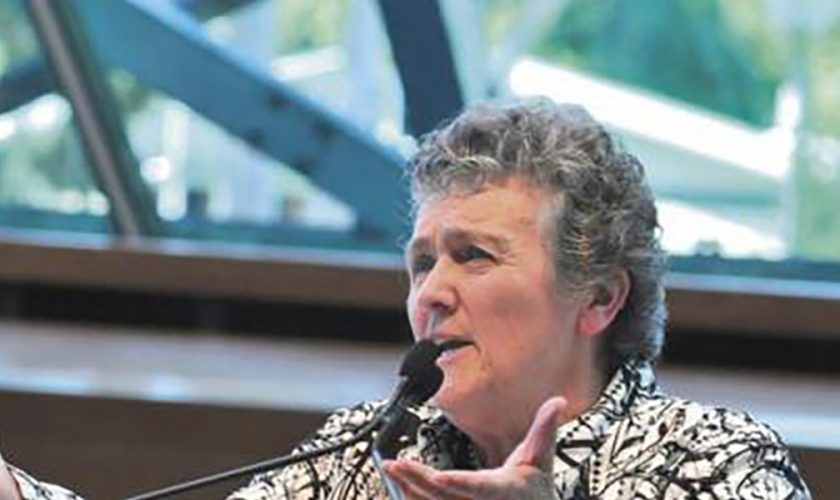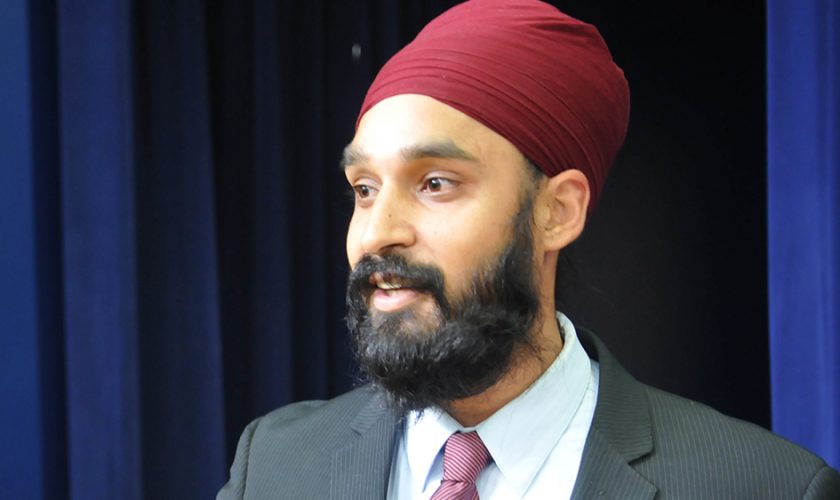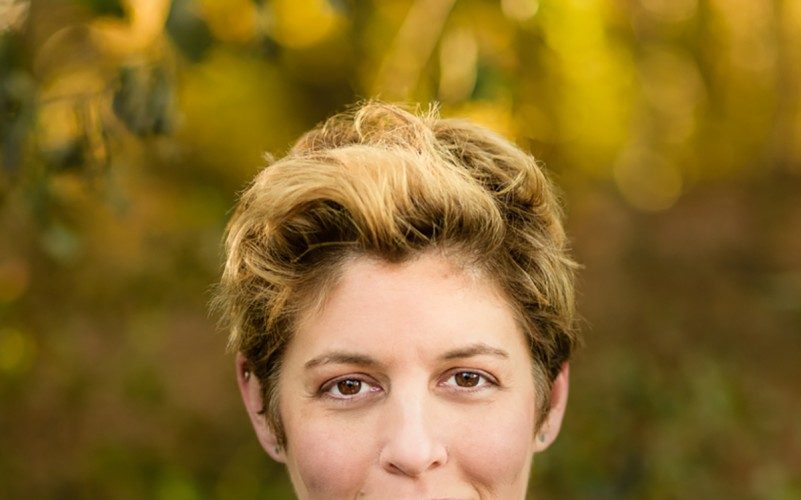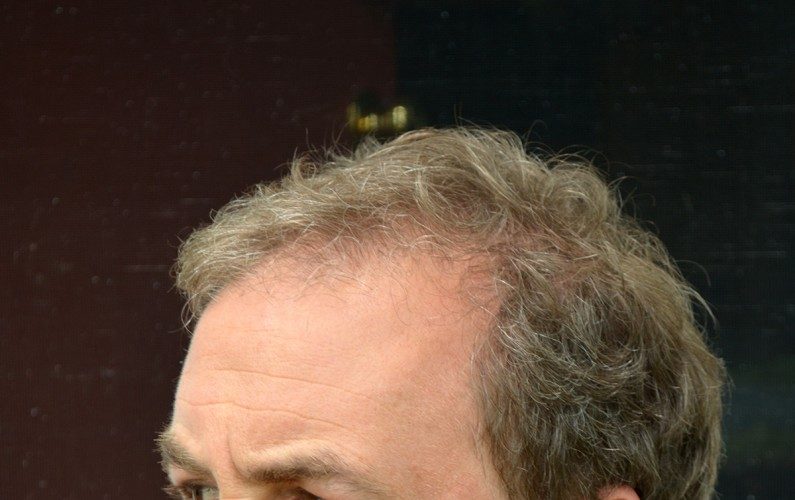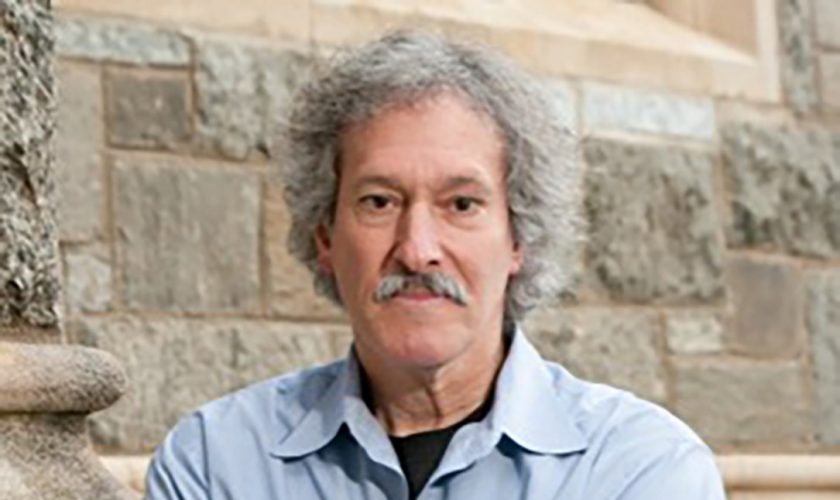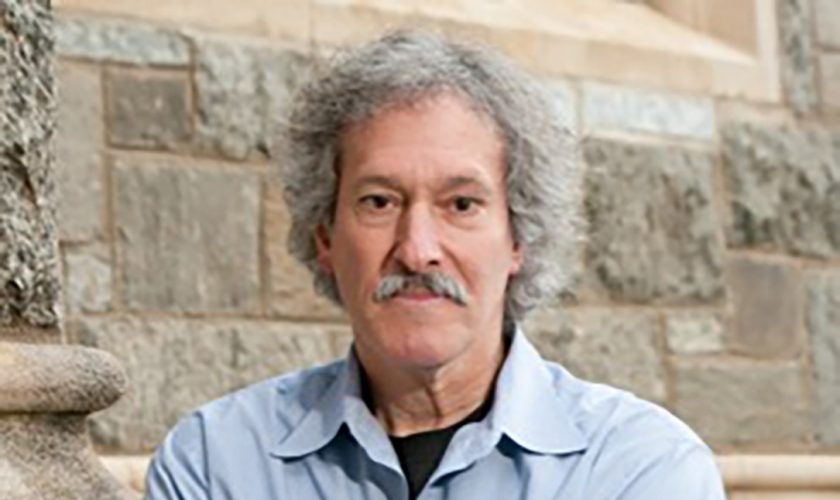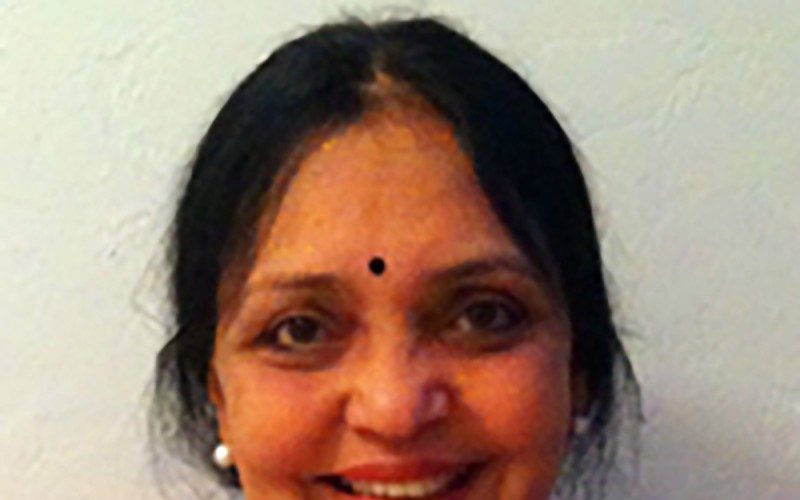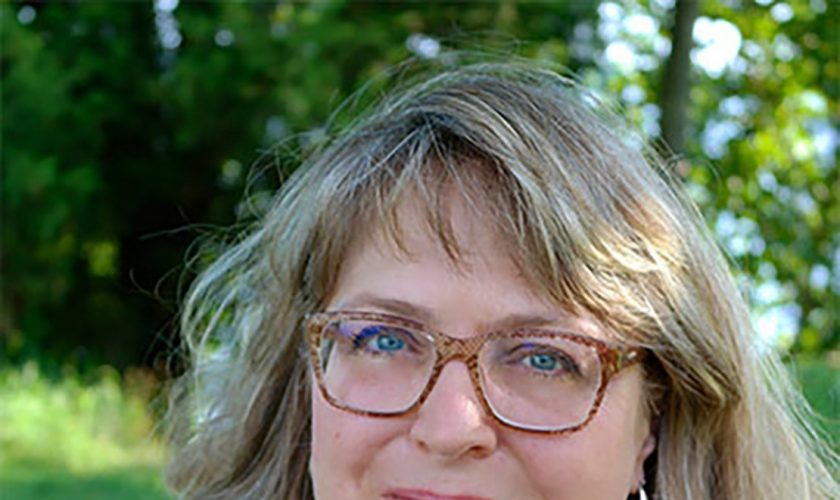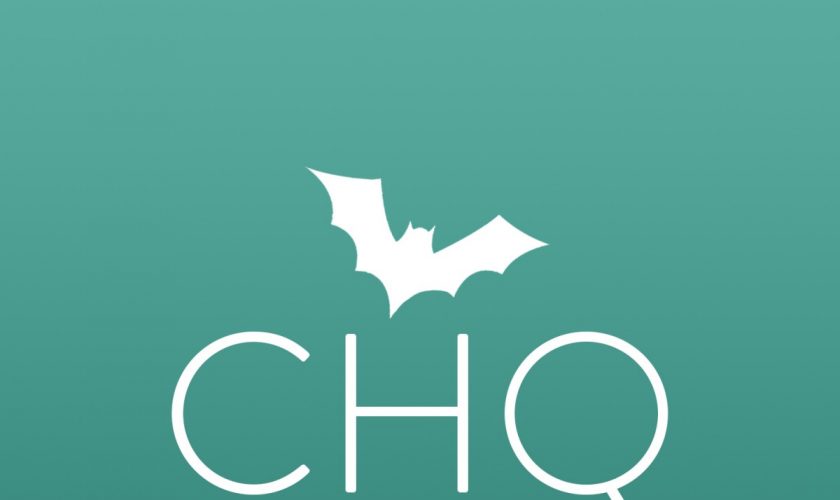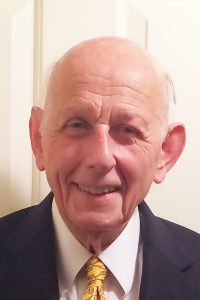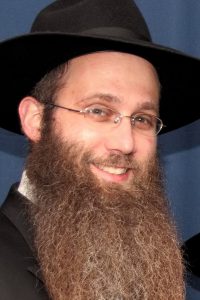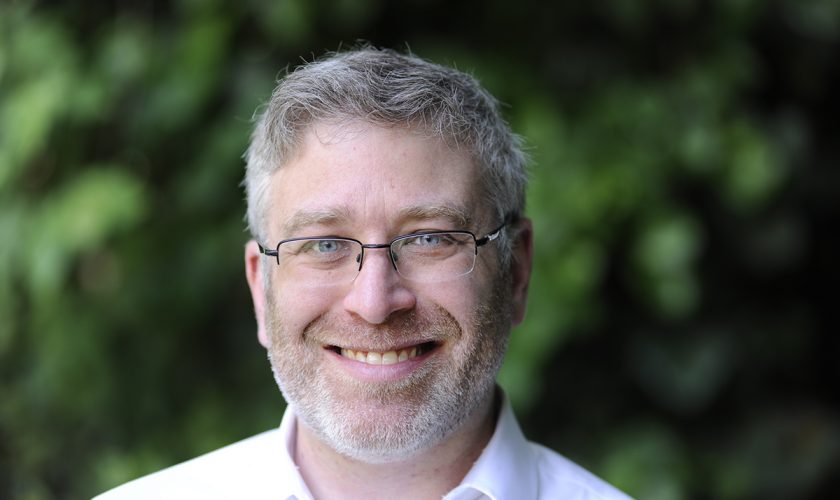Martin Luther King Jr.’s life and activism are often identified by famous speeches and writing, notably pieces like “I Have a Dream” and “Letter from Birmingham Jail.” King’s ability to empower social justice advocates through the written and spoken word is a staple of his legacy.
But Drew Dellinger commends King for extending his activism far beyond race relations. He remembers a less famous statement made by King in 1965 that he deems “ecological ethos.”
“At one point, King says, ‘One cannot be concerned (just) with civil rights. It’s very nice to drink milk at an unsegregated lunch counter — but not when there’s Strontium 90 in it,’ ” Dellinger said. “He was concerned about this nuclear testing that was pouring radioactive isotopes into the atmosphere. That’s an environmental statement.”
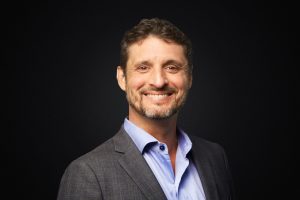
At 2 p.m. Thurs., Aug. 16, in the Hall of Philosophy, Dellinger will discuss King as an ecological and cosmological scholar during his lecture, “All Life is Interrelated: The Interconnected Vision of Martin Luther King Jr.” Dellinger, author of the award-winning book of poems, Love Letter to the Milky Way, is speaking as part of Week Eight’s interfaith theme, “Not to be Forgotten: A Remembrance on Dr. Martin Luther King Jr.”
Dellinger is the founder of Planetize the Movement, a progressive movement dedicated to encouraging the intersection of justice, ecology, cosmology and art. A well-known poet and scholar, Dellinger has studied the interrelated nature of the world. He said this interconnectedness is an ancient idea, but the idea is not a core belief in the modern Western world.
Instead, Dellinger said Western culture ascribes to a separation between humans and nature.
“Interconnectedness is a staple of spiritual, religious and mystical wisdom over the millennia,” he said, “ … but it’s one that we lost track of in Western culture and in the worldview of modernity. Indigenous traditions have always felt that all things are connected, and we have a deep kinship with all species of the planet. In Western culture, they began to develop this idea that humans were separate from the Earth and nature. That’s a bizarre turn in the thinking of human beings.”
By “separating” humans from the Earth, Dellinger said humans disregard their responsibility to care for other beings. This encourages abusive behavior in social, political and economic spheres.
“We still behave as if we can dump poisons and toxins and nuclear waste into this living, interrelated system of the Earth’s biosphere and think we’re somehow going to be insulated from that,” he said. “Our practices and our politics have yet to catch up with both the ancient understanding of interdependence, and our new scientific and spiritual ways of reconnecting to that age and sense of interconnectedness.”
Part of King’s activism was established around returning to roots of interconnectedness, Dellinger said, as a means to practice respect and tolerance. When Dellinger first began studying King, he said he immediately recognized that King’s purpose was much larger than racial equality.
“Because I was coming to King’s work with a background in ecology and cosmology, I was especially attuned to the ways in which King was talking about interconnectedness,” Dellinger said. “As I delved into these primary sources, looking at his speeches, writings and sermons, it really jumped out at me — he’s talking about interrelatedness and interconnectedness.”
The deeper Dellinger dove into King’s life and writing, the more he uncovered about his ecological and cosmological insights. Dellinger’s essay, “The Ecological King: A Vision for Our Times,” originally published by the Institute of Noetic Sciences, explores this aspect of King.
Now, after years of research, Dellinger said he sees King as a different type of activist and scholar. But this perspective on King, he said, is often overshadowed by King’s work as a civil rights movement leader.
“I think we had pigeonholed King as a social justice, civil rights and human rights thinker, and he certainly was one of the great examples of that, but he’s more than that,” Dellinger said. “He’s not just talking about social justice, civil rights and human rights. He’s talking about the interrelated structure of all reality. He’s talking about the survival of the planet.”

